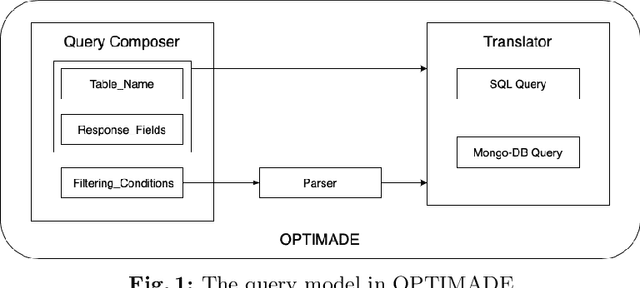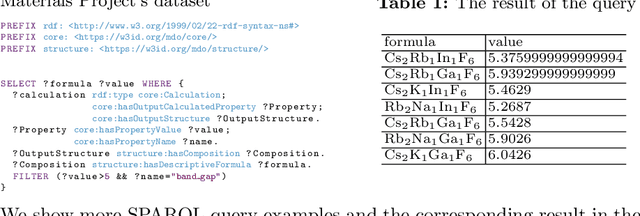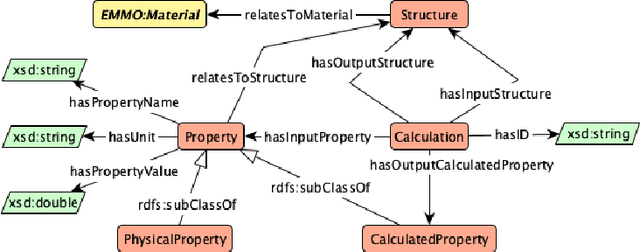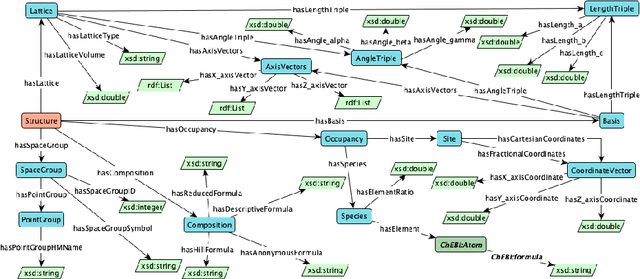Rickard Armiento
WyckoffDiff - A Generative Diffusion Model for Crystal Symmetry
Feb 10, 2025



Abstract:Crystalline materials often exhibit a high level of symmetry. However, most generative models do not account for symmetry, but rather model each atom without any constraints on its position or element. We propose a generative model, Wyckoff Diffusion (WyckoffDiff), which generates symmetry-based descriptions of crystals. This is enabled by considering a crystal structure representation that encodes all symmetry, and we design a novel neural network architecture which enables using this representation inside a discrete generative model framework. In addition to respecting symmetry by construction, the discrete nature of our model enables fast generation. We additionally present a new metric, Fr\'echet Wrenformer Distance, which captures the symmetry aspects of the materials generated, and we benchmark WyckoffDiff against recently proposed generative models for crystal generation.
An Ontology for the Materials Design Domain
Jun 13, 2020



Abstract:In the materials design domain, much of the data from materials calculations are stored in different heterogeneous databases. Materials databases usually have different data models. Therefore, the users have to face the challenges to find the data from adequate sources and integrate data from multiple sources. Ontologies and ontology-based techniques can address such problems as the formal representation of domain knowledge can make data more available and interoperable among different systems. In this paper, we introduce the Materials Design Ontology (MDO), which defines concepts and relations to cover knowledge in the field of materials design. MDO is designed using domain knowledge in materials science (especially in solid-state physics), and is guided by the data from several databases in the materials design field. We show the application of the MDO to materials data retrieved from well-known materials databases.
 Add to Chrome
Add to Chrome Add to Firefox
Add to Firefox Add to Edge
Add to Edge